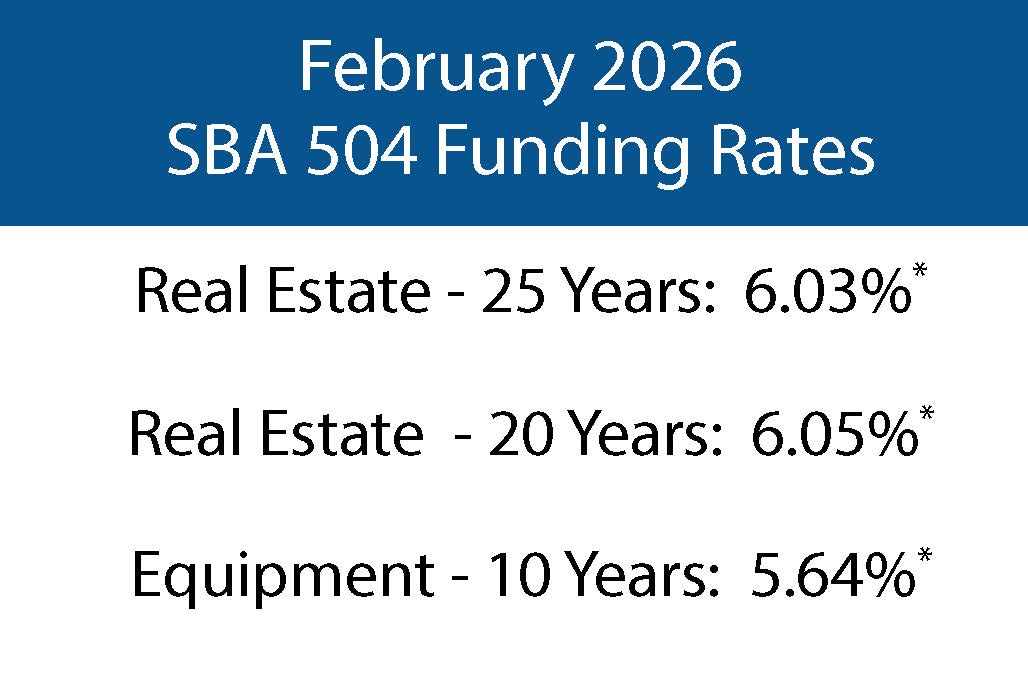Recent Changes to SBA Environmental Reviews
The Small Business Administration (SBA) has recently updated its environmental review policies for 504 loans, with changes effective as of March 20, 2025. These updates, outlined in Procedural Notice 5000-866054, aim to create a more efficient, standardized process for lenders and borrowers.
As a key financing option for small businesses looking to acquire major fixed assets, SBA 504 loans require thorough environmental due diligence. The recent changes address long-standing pain points in this process while maintaining necessary protections for all parties involved.
Key Changes That Improve Efficiency
The updated environmental review process introduces a tiered approach based on loan amount and property type:
- If a property has no contamination and no recommendations from an Environmental Site Assessment, the CDC can unilaterally approve the report.
- For most loans up to $250,000 (504 portion): Only an Environmental Questionnaire is required, signed by the property owner
- For loans exceeding $250,000: A Records Search with Risk Assessment (RSRA) is needed, which includes historical and government database reviews
- For high-risk properties: Properties on the NAICS Codes List require a Phase I Environmental Site Assessment (ESA)
This structured approach prevents over-investigation of low-risk properties while ensuring appropriate scrutiny for high-risk ones.
Communication Improvements
The SBA has created dedicated channels to speed up the review process. Specific e-mail boxes are available to address different situations.
This centralized communication system helps reduce delays in obtaining clarifications or approvals.
Documentation Standards
Another significant improvement involves standardized documentation requirements:
- Environmental reports must be dated within one year of SBA loan number issuance
- Reliance letters must follow ASTM E1527-21 standards and SBA templates
- Detailed remediation plans are required for properties with contamination issues
- For child-occupied facilities built before 1978, lead risk assessments and drinking water testing are mandatory
These standards ensure consistency across all applications, making reviews more predictable and efficient.
Benefits for Lenders and Borrowers
For Lenders:
- Clearer guidelines reduce time spent on environmental due diligence
- Standardized processes minimize the risk of loan rejections
- Ability to quickly determine the required level of review helps control costs
For Borrowers:
- More predictable review process can lead to faster loan approvals
- Tiered approach ensures appropriate level of scrutiny based on risk
- Upfront documentation requirements help avoid delays later in the process
How to Prepare for Success
To navigate these changes successfully:
- Know which tier applies: Determine early whether your property requires just a questionnaire, an RSRA, or a full Phase I ESA. Ask your loan officer at New England Certified.
- If a Phase I Report is required or an RSRA, Environmental Professionals should document property history thoroughly: Be prepared to provide information back to the property's first developed use or 1940, whichever is earlier
- Address data gaps proactively: Identify and resolve any missing information about the property's history
- Use experienced environmental consultants: Work with professionals familiar with SBA requirements
Next Steps
The SBA's updated environmental review process represents a significant improvement in what has traditionally been a complex aspect of 504 loan underwriting.
By standardizing procedures and clarifying requirements, the SBA has made it easier for lenders and borrowers to navigate environmental due diligence while still ensuring appropriate protections.
For businesses seeking SBA 504 financing for commercial real estate projects, these changes should result in a smoother, more efficient loan process. Working with experienced lenders who understand these new requirements will be crucial to maximizing the benefits of these streamlined procedures.
Contact BDC Capital/New England Certified to learn more about how we can help you navigate the SBA 504 loan process, including these updated environmental review requirements.





